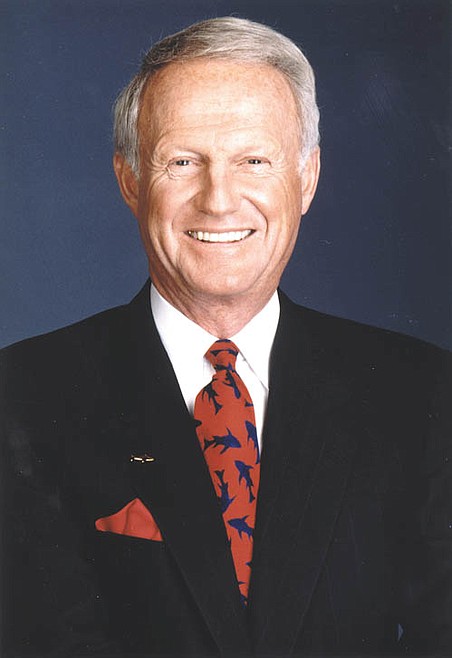The power of persistence
We've all heard the expression "the greatest thing since sliced bread." But how did sliced bread come to be?
The Anecdote International website provides one version of the story. In 1912, the son of a German immigrant had an idea: People might want to buy bread that was already sliced instead of having to cut it themselves. Otto Rohwedder was 32 when he had his brainstorm, and he spent five years developing the first commercial-grade machine for slicing bread.
Instant success, right? Not exactly. Even though his family and friends were sure it would be a big hit, it took Rohwedder 10 years to sell his first bread slicer.
The struggling Chillicothe Baking Company was the first company to purchase one. However, after using Rohwedder's invention, sales rose 2,000% in a matter of months.
And once other companies saw how useful the bread-slicing machine was, it began selling at a brisk pace. Soon, every bakery wanted one. Sandwiches have never been the same.
Persistence and determination are what keep us hammering away. I don't know any entrepreneurs who have achieved any level of success without those two traits. When you have a dream that you can't let go of, trust your instincts and pursue it.
We won't all become experts, but we can all keep hammering away until we can make it work.
Television is one invention that took a long time to get going. In 1926, American radio pioneer Lee De Forest said television was a commercial and financial impossibility. Twenty years later, people were still not convinced. In 1951 a New York media mogul told the Wall Street Journal "People soon get tired of staring at a plywood box every night."
According to estimates, there were 123.8 million TV homes in the United States for the 2022-23 TV season. And the number of TV households continues to grow.
Personal computers were much the same. In 1949, one year after the world's first stored-program computer made its debut, a mathematician declared: "We have reached the limit of what is possible to achieve with computer technology." Even as the capabilities and functions of computers grew, there were naysayers like Ken Olsen, founder of the computer company Digital Equipment Corp., who a colleague reported as saying in 1977 "there is no reason anyone would want a computer in their home." Nearly 80% of all American households now own a computer. As a business owner, I am grateful that their persistence paid off. I clearly remember the old-school methods of ordering, production, delivery and follow-up. I'll take our office computers any day.
Cellphones also took a long time to catch on. My first cellphone from the 1980s was the size of a brick with a short-life battery. Even Motorola, which pioneered the cellphone, failed to see its potential in 1981. Now we are lost without our cellphones.
Believe it or not, online shopping didn't catch on for a long time either. In 1966, Time magazine ran an article that claimed: "Remote shopping, while entirely feasible, will flop because women like to get out of the house, like to handle merchandise, like to be able to change their minds." Approximately 76% of U.S. adults now shop online, and annual retail e-commerce sales hit $5 trillion worldwide.
Imagine surviving the pandemic without the convenience and selection available from the gazillion websites that we browse daily.
All because someone saw the value in reaching a broader audience and didn't stop until they figured out how to do it.
As Steve Martin said, "Thankfully, persistence is a great substitute for talent."
Mackay's Moral: Good things come to those who persist.
• • •
Harvey Mackay is the author of the New York Times bestseller "Swim With the Sharks Without Being Eaten Alive." He can be reached through his website, www.harveymackay.com, by emailing harvey@mackay.com or by writing him at MackayMitchell Envelope Co., 2100 Elm St. SE, Minneapolis, MN 55414.

